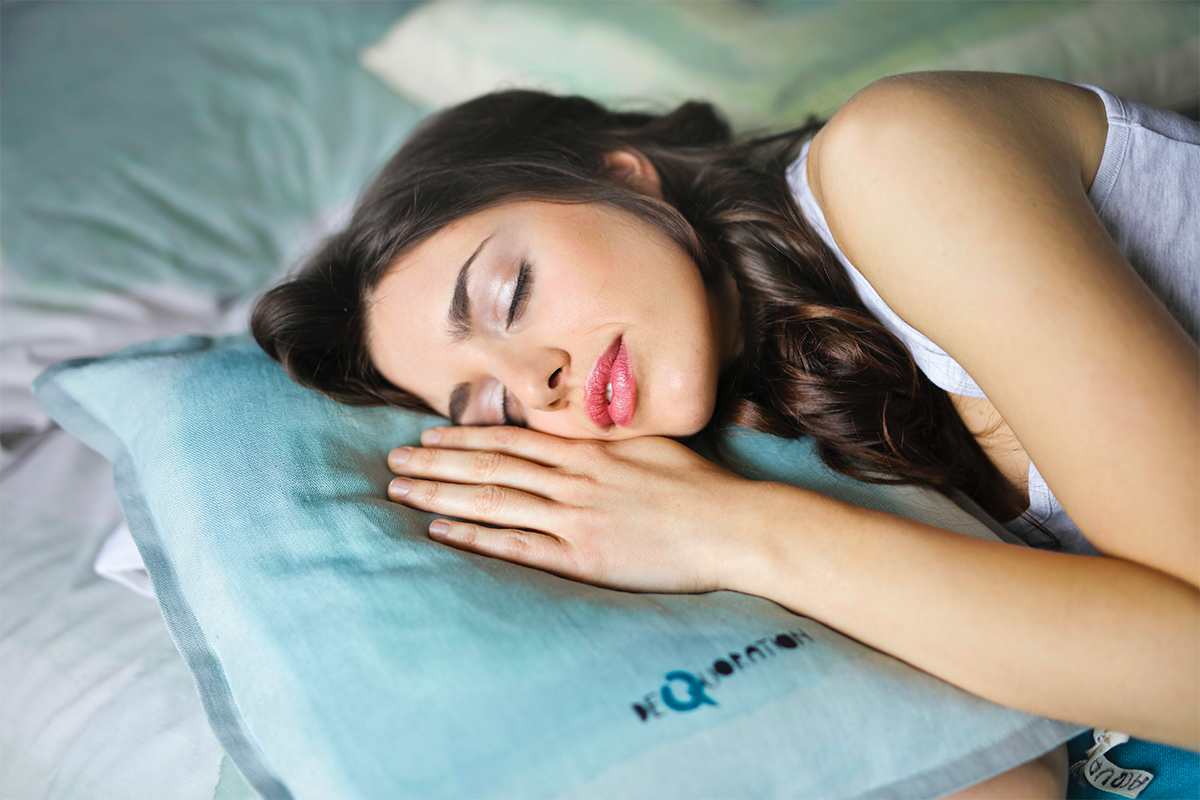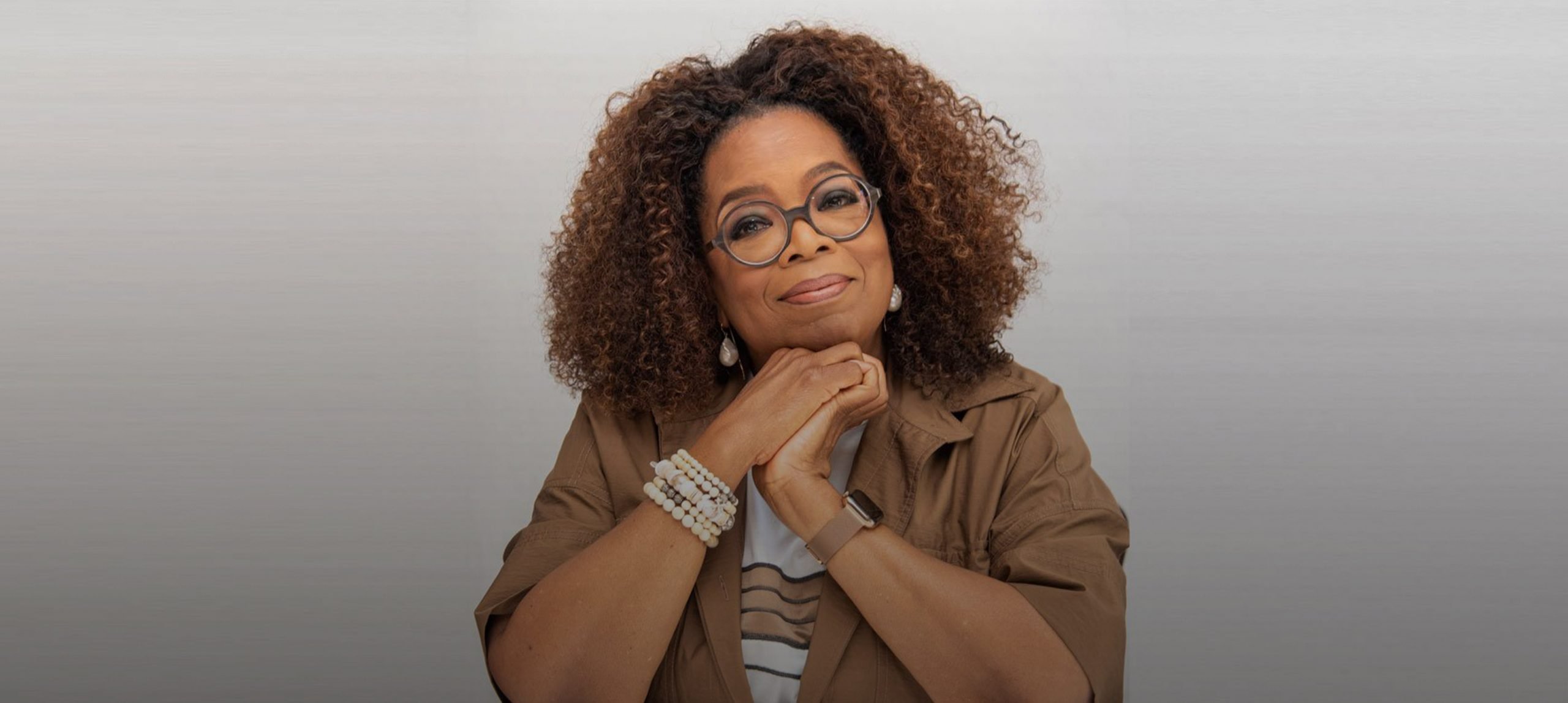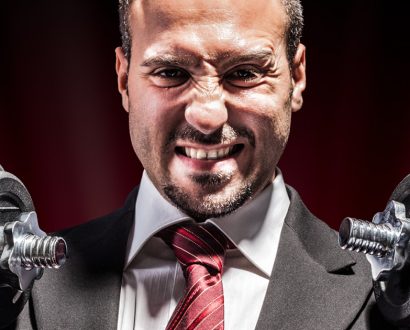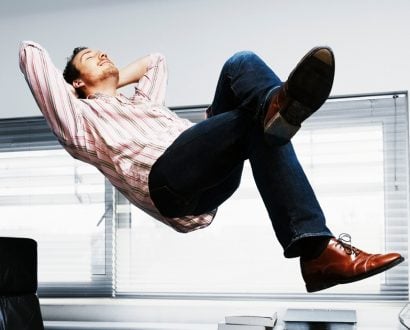The mentality that hard work should be prioritised over sleep for the reward of success is fast becoming an outdated approach, given the research that has emerged on sleep – along with nutrition and exercise – and its critical role to our overall health.
The American Academy of Sleep Medicine advises that seven hours is the minimum amount of sleep recommended for adults, which is not achieved by more than a third of Americans.
“Our Consensus Panel found that sleeping six or fewer hours per night is inadequate to sustain health and safety in adults, and agreed that seven or more hours of sleep per night is recommended for all healthy adults,” says Dr Nathaniel F Watson.
It’s also ideal to get into a rhythm when it comes to sleep patterns, which is why many of the world’s top business leaders have a consistent routine in place.
“The recommendation right now is to get consistent sleep. Whether it’s the weekend or a weekday, keep doing that consistently,” explains Matthew Walker, author of the international bestselling book Why We Sleep and Professor of Neuroscience at the University of California, Berkeley.
He goes on to say that “sleep bulimia”, where you make up for lost sleep during the week on the weekends, is not a solution.
“Unfortunately, sleep is not like a credit system. Sleep is not like the bank in the sense that you can’t accumulate a debt and then hope to pay it off at a later point in time.”
The sleeping habits of highly successful people

Oprah Winfrey
The talk show host, author and philanthropist reportedly gets eight hours of sleep between the hours of 10pm and 6am, with her last and first thoughts of the day centred upon gratitude.
In the morning, rather than check her phone, Winfrey brushes her teeth and cares for her dogs before heading to her home gym.
“I have never set an alarm, I don’t believe in them. My first thought in the morning is, ‘Oh, I’m alive. Thank you!’” she told The Hollywood Reporter.
“I usually get into bed and I have volumes and volumes of gratitude journals by the side of my bed. The last thing I do before I go to sleep is write five things that gave me great pleasure or that I was grateful for.”
This routine is most likely inspired by the advice of her sleep doctor Dr Michael Breus, who believes: “The secret to sleep is to pay attention to what you’re doing in those precious hours before bedtime.”
Jeff Bezos
Amazon’s Founder and Executive Chair admits that while it can be sometimes impossible, he prioritises eight hours of sleep, choosing to go to bed and wake up early.
“For me, I need eight hours of sleep. I think better, I have more energy, my mood is better,” he told The Economic Club of Washington in 2018.
Bezos is also strategic with his use of time, scheduling his most important meetings before lunch.
“Anything that’s going to be really mentally challenging is a 10am meeting,” he said. “Because by 5pm I’m like, ‘I can’t think more about this issue today. Let’s try this again tomorrow at 10am.’”
His mornings are spent doing leisurely activities like reading the newspaper and drinking coffee with his family.
“My pottering time is very important to me, so that’s why I set my first meeting for 10 o’clock.”
Jack Ma
The Co-Founder and former Executive Chair of Chinese ecommerce site Alibaba doesn’t allow daily stress and worries to stop him from having a restful sleep, stating that nothing keeps him awake at night.
Ma knows that there will always be challenges in business that need to be overcome, but he doesn’t allow these obstacles to impact his sleep.
His advice, speaking at the World Economic Forum in 2019, is to “sleep well no matter what”.
“I know if I cannot sleep well the problems will still be there. If I sleep well, I have a chance tomorrow to fight against them.”
Elon Musk
Despite managing multiple businesses, including SpaceX, Tesla, Neuralink and The Boring Company, Musk ensures that he gets six hours of sleep a night, claiming that this number suffices.
“I tried sleeping less, but then total productivity decreases. I don’t find myself wanting more sleep than six [hours],” he explained in the latest episode of The Joe Rogan Experience.
“I do work a lot. Normally I work until one or two in the morning. Saturday and Sunday usually not, but sometimes.”
Arianna Huffington
The international media mogul and author of The Sleep Revolution learned the hard way the value of sleep after experiencing a collapse.
“I fainted from exhaustion. I hit my head on my desk. I broke my cheekbone, I got five stitches on my right eye. And I began the journey of rediscovering the value of sleep,” she explained in her 2010 TED Talk ‘How to succeed? Get more sleep’.
Huffington believes it’s the key to a more productive, more inspired and joyful life. “We’re living as a culture under the collective delusion that in order to succeed we have to burn out along the way,” she told CNBC.
Achieving eight hours of sleep, her bedtime routine requires a certain level of discipline.
“The transition I practise involves turning off all the devices and gently escorting them out of my bedroom. Then I’ll only read a physical book before bed – no screens – and books that have nothing to do with work.”
Tobi Lutke
The Founder and CEO of ecommerce company Shopify is an advocate for maintaining a work–life balance and sticking to the recommended hours of sleep.
“I’ve never worked through a night. The only times I worked more than 40 hours in a week was when I had the burning desire to do so. I need 8ish hours of sleep a night. Same with everybody else, whether we admit it or not,” he tweeted.
“I’m home at 5.30pm every evening. I don’t travel on the weekend. I play video games alone, with my friends and, increasingly, with my kids. My job is incredible, but it’s also just a job. Family and personal health rank higher in my priority list.”
This balanced perspective gives the CEO plenty of time for sleep and rest.
Warren Buffett
One of the world’s top investors, Buffett values his sleep and is in bed by 10.45pm to enjoy a full eight hours of sleep. This is critical, as 80 per cent of his days are spent reading, which requires a lot of mental energy.
“I get quite a bit of sleep. I like to sleep so I will usually sleep eight hours a night,” he told PBS.
Bill Gates
The Microsoft Co-Founder, who understands the science behind why sleep is critical to our health and creativity, wrote on his blog, “Back in my early Microsoft days, I routinely pulled all-nighters when we had to deliver a piece of software.”
“I knew I wasn’t as sharp when I was operating mostly on caffeine and adrenaline, but I was obsessed with my work, and I felt that sleeping a lot was lazy.”
Since reading Matthew Walker’s book Why We Sleep, it seems he has since changed this attitude.
Quoting the words of Dr Thomas Roth, Gates wrote, “The number of people who can survive on five hours of sleep or less without impairment, and rounded to a whole number, is zero.”
His top tips to improve your sleep hygiene is to replace LED bulbs in your bedroom, limit alcohol intake, consider taking a midday nap and ensure a temperature of around 18°C.
Read Next: How the world’s wealthiest spend their money







